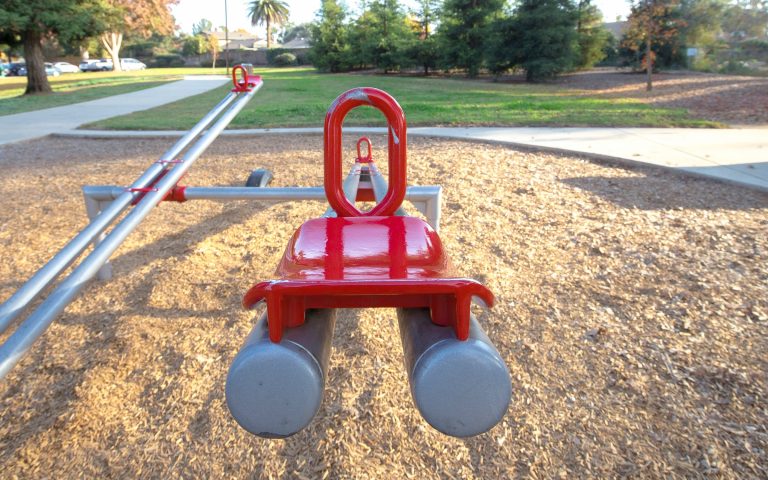Most types of insurance have choices of how high your deductible will be. They can vary from nothing to very high into the thousands of dollars.
The deductible must be paid before the insurance kicks in and makes a payment on your behalf. Having a lower deductible means that you will have less out-of-pocket costs.
Pros
When you have lower insurance deductibles it means that if something happens (you get sick, your house is damaged, you’re in an accident, etc.), you will have less out-of-pocket costs than if you had a high deductible insurance.
Cons
In order to pay for the lower out-of-pocket cost, the insurer will ask that you pay a higher monthly premium to make up for their potential loss. If you’re in an accident, they’ll have to pay more than if you had a higher insurance deductible.
All pros and cons are predicated on risk and reward. Choosing a lower insurance deductible also needs to be based on the risk and potential reward for doing so.
Risks and Rewards
Insurance companies essentially create a risk-sharing pool. Not everyone is going to have an accident, and the insurance company is banking on that. The premiums go into the pool, which is usually invested so that it will grow. It is also used to cover accidents, and the rest is used as expenses such as infrastructure and salaries.
You are sharing risks with others. This allows you to avoid having your entire financial future ruined by one accident or illness. So, there are rewards and risks for each party. You’re taking a risk to trust the insurance company to pay for any liability that you have, and they’re taking a risk that you will have an accident and they’ll need to pay. Both of you get some form of reward, you – if something does happen, and just having the peace of mind, and them – by earning money on your premiums.
Tips
There are some tips that you can use to move into higher deductibles and thus lower your monthly premiums, if you really cannot afford the higher premium now.
Start a savings account – While paying the higher premium and having the lower deductible, open a special savings account just to save the deductible amount for each type of insurance that you have. For example, if you have a 1000 dollar deductible per person on health insurance, $1000 on each car, and $2500 on your home, you will need to save that amount in the account. Once you save two years of deductibles, you can switch to the higher deductible and the lower premium. Then save the difference.
Reassess yearly – Take the time each year to talk to your insurance agent about your needs, concerns, and questions. Updating your policy once a year is an important part of keeping your payments reasonable and your coverage adequate for your needs.
Weighing the pros and cons of lower insurance deductibles is something almost everyone has to do when choosing an insurance product. Understand what deductibles mean, and be honest with yourself about your ability to pay the deductible and the premium. Your budget matters a great deal so that you can work it all out.


